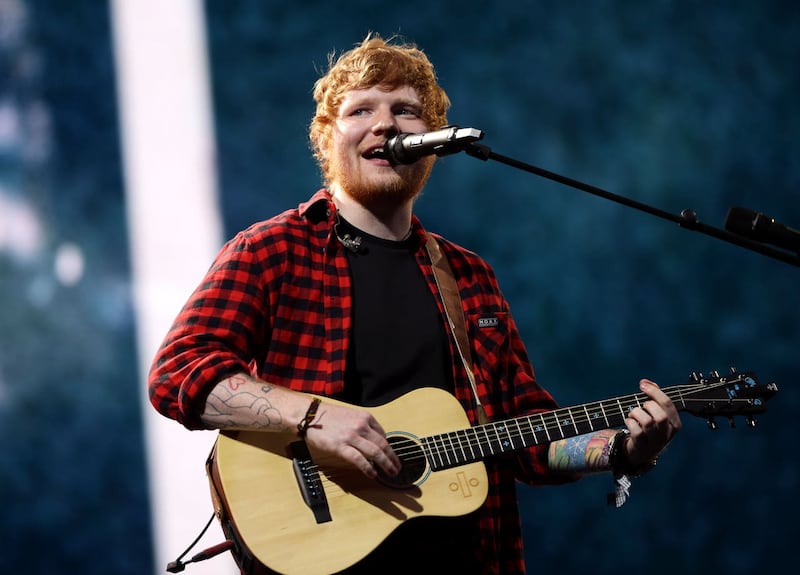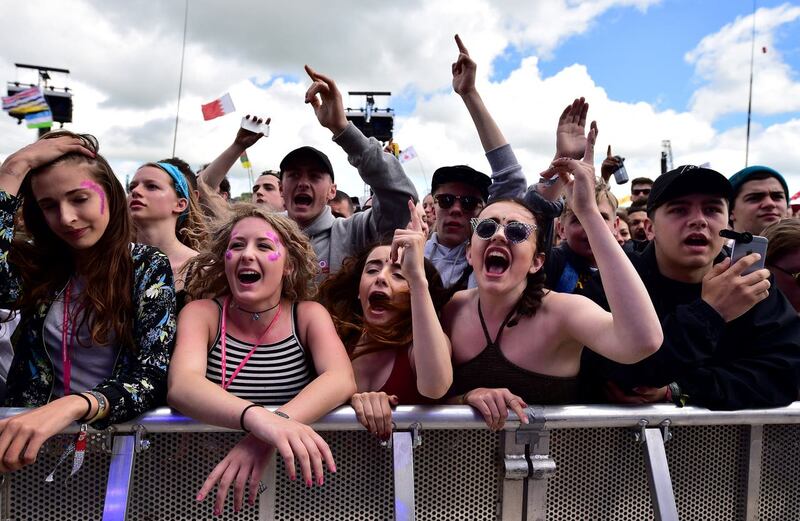Culture Minister Caroline Dinenage has defended the decision not to introduce a Government-backed insurance scheme for music festivals, saying she does not want to give the sector confidence before “pulling the rug out from underneath them again”.
UK event organisers and campaign groups have said a major barrier to festivals taking place this summer is a commitment from the Government to provide indemnity for the industry in case of coronavirus-forced cancellations.
Appearing at the closing session of the Digital, Culture, Media and Sport (DCMS) Committee inquiry into the challenges faced by the festival circuit, Ms Dinenage told MPs she is not prepared to announce an insurance scheme while substantial uncertainty remains around live events.

She said: “The fact is, chairman, as the minister responsible for this I would much rather be able to make an announcement when I am absolutely certain things can go ahead, or at least in a much better sense of predictability that things can go ahead, than announce an indemnity scheme, give people the confidence in order to pull the rug out from underneath them again. I just wouldn’t be prepared to do that.”
Ms Dinenage said that, due to the pandemic, “certainty and predictability” have become like “magical unicorns”.
Last year, the Government introduced the Film and TV Production Restart Scheme, a £500 million scheme that was extended for six months in the Budget.
But the minister told MPs a similar scheme would not work for the music industry due to its dependence on live audiences as well as issues with when insurance money would be paid out.
She said: “Quite simply, for the reason that there are no live audiences in high-end film and TV production and that is where the risk is – moving large numbers of people around the country.”

The Government is running a series of pilot events during April and May with the aim of building scientific evidence to help guide the reopening of the live events industry.
However, Ms Dinenage said the “closest thing” to a major festival included in the pilot currently is a nightclub, which allows “free movement of people in an unfettered way”.
The minister said her team is meeting a “large festival organiser” at the moment to discuss possible further options.
She added: “We do plan to do a festival-type event.
“Clearly, one of the things we won’t be able to do is a very, very large multi-day music festival with an unstructured audience in the original April phase of pilots, because there are massive operational and ethical challenges to conducting something of that scale.”
Victoria MacCallum, head of policy for the creative industries at the Department for Digital, Culture, Media and Sport, said it is hoped an announcement about the range of pilots can be announced in the next week or so.
A number of major festivals, including Glastonbury and the Download Festival in Donington Park in Leicestershire, have already cancelled their 2021 events due to a range of challenges.
Some others have been able to reschedule until late summer or early autumn – Parklife in Manchester has moved its event from June to September.








